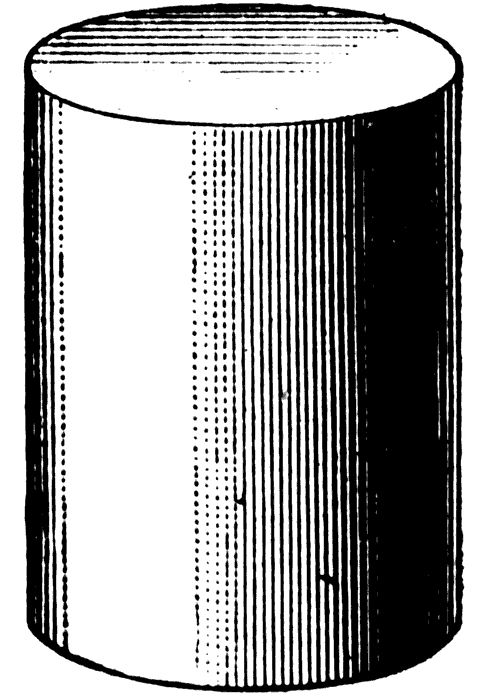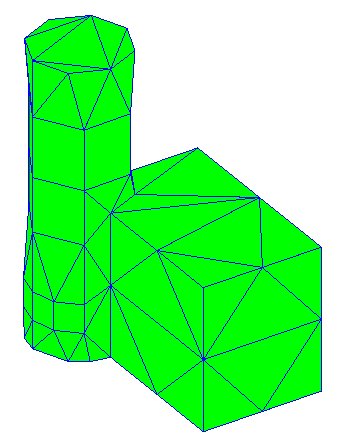|
|
LITR 5431
Literary & Historical Utopias
|
|
Jenna Wood
March 31, 2019
"Ambitopia": the Future of Utopian
Fiction
In Eleanor Tremeer's recent article,
"Why We Need Utopian Fiction Now More Than Ever," she cites sci-fi author
Redfern Jon Barrett's definition of an "ambitopia" as "storytelling that shows
us better societies as well as oppressive regimes" (Tremeer). This concept seeks
to reconcile the hopeful idealism of utopias with the more interesting and
relatable conflict dystopias bring to readers. While utopias in fiction may be
described as ideal worlds living in stasis with no conflict, they also work to
bring real-life utopias closer to reality (Tremeer). Barrett claims that "no
work of dystopian fiction has ever stopped the scenarios it portrays from
happening," but utopian works often inspire proactive changes, such as how the
utopian elements of Star Trek have
inspired dozens of scientific inventions (Tremeer). An ambitopia, therefore,
would be arguably more hopeful than the typical dystopian novel, probably
featuring successful steps of recovery that takes place after the conflict ends.
The term ambitopia can perhaps most
accurately be applied to The Dispossessed
by Ursula K. Le Guin among all the books we've read so far in our class, as the
narrative depicts a man torn between two societies claiming to be utopias while
hindered by varying dystopian elements. However, when comparing it to the
conventions of utopian and dystopian fiction, the question arises of whether or
not this term reflects an upcoming shift in genre, as well as how many recent
utopian works could be considered ambitopias. My initial step was to search for
the most recent utopian literature I could find, as while dystopian literature
may be more common nowadays, there are usually no better societies
simultaneously described in the text. Panem in
The Hunger Games, for example, is
never compared to countries outside the futuristic North America. I began with
the list of utopian literature by century on Wikipedia and looked for entries in
the twenty-first century. Aside from a manga series from 2001 that, as far as I
know, does not directly address the
utopian conventions it uses, there was only one utopian novel mentioned after
the year 2000.
Marshall Brain's
Manna, a short novel released in 2003
that is free to read on his website, is a short novel set in a hypothetical
2050. Manna can be classified as an
ambitopia in that it explores both the dystopia of its future America and the
utopia of its future Australia. The firsthand present-time account of living in
America in the first chapters sets it apart from works like
Herland and even
Ecotopia,
as the countries outside the utopias are only discussed while in a better
society in order to assert that society's superiority. That being said,
Manna uses the Socratic dialogue and
bare-boned characterization listed as utopian conventions on our course website,
and it shares more in common with utopian fiction than dystopian fiction,
despite the prevalence of dystopian novels over utopian novels in the early
twenty-first century.
In order to find another example of a
utopian novel written in the last nineteen years, I ended up on the Late 20th
Century category page at UtopianFiction.com, which also includes the handful of
texts written in our century. The only utopian novel listed from the
twenty-first century in this collection was The Neanderthal Parallax Trilogy by
Robert J. Sawyer, with its last book
Hybrids released in 2003. While neither Wikipedia's nor Utopian Literature's
lists should be considered conclusive given the large number of novels being
published every year around the globe, they are still evidence of the lack of
purely-utopian fiction in the last twenty years. It isn't that utopian worlds
are no longer possible to produce, as glimpses of better societies are still
showcased in every media type, it is that they are no longer prompted to exist
by themselves.
Appreciation of genre is mostly
subjective, but Tremeer's article proposes some pitfalls of utopian literature
that prevent newcomers from reading and writing it. "Glossing over societal
inequalities, ascribing to an exclusive ideology, or just straight up
whitewashing the future" are some key points, as well as the fact that "the
drive to create a perfect society has led to some of the worst human rights
violations in history, and those responsible for many dystopias, both real and
fictional, believed them to be perfect worlds" (Tremeer). In an article of
similar topic, Luke Kingma theorizes that dystopias are so popular with
millennials, "a demographic that will make up nearly half the workforce by
2020," because studies show they are "one of the most cynical generations in
modern history" (Kingma). In her 2019 research post, "The Irony of High School
Dystopias and Their Appeal," Melissa Bray points out that "the
main drive for someone to pick up and persevere through a novel is that is has
to be interesting, and what readers find most interesting is when the characters
or situations in a novel relate to the readerís own life." Her post expresses
that since young people today believe they are living in a dystopia, they are
more prone to reading dystopian fiction.
These articles and the recorded trend of
utopian fiction in the twenty-first century feed into an evolving genre of
ambitopia: the current zeitgeist of cynicism has not entirely trampled out hope
for the future, but literature nowadays is stunted from being purely optimistic
due to real-life pressure. "Utopian thinking," as Philippe Van Parijs has
written in his 2013 proposal to adopt utopian economic policies, "is not enough,
but it is more indispensable than ever" (Parijs 180).
If utopias are necessary in literature
in the twenty-first century, it seems to be that their place is in ambitopia
fiction that contrasts the better society with the oppressive regime many
readers around the world believe they are living in.
Works Cited
Brain, Marshall. Manna. BYG Publishing, Inc., 2012.
http://marshallbrain.com/manna.htm
Bray, Melissa. "The Irony of High School Dystopias and
Their Appeal." UHCL Coursesite. 2019.
http://coursesite.uhcl.edu/HSH/Whitec/LITR/5439utopia/models/resposts/rp19/19rp1/rp1Bray.html
Kingma, Luke. "Glimpse: Utopian Fiction Could Help Us
Unlock the Bright Future We Never Imagined."
Futurism, 1 Nov. 2018,
https://futurism.com/glimpse-utopia-dystopia-science-fiction. Accessed 31 March
2019.
Mastin, Luke. "Late 20th Century - Utopian Literature."
Utopian Literature, 2008, http://www.utopianfiction.com/late20th.html. Accessed
30 March 2019.
Tremeer, Eleanor. "Why We Need Utopian Fiction Now More
Than Ever." Gizmodo, 7 Nov. 2018,
https://io9.gizmodo.com/why-we-need-utopian-fiction-now-more-than-ever-1830260945.
Accessed 30 March 2019.
Van Parijs, Philippe. "The Universal Basic Income: Why
Utopian Thinking Matters, and how Sociologists can Contribute to it."
Politics & Society, vol. 41, no. 2, 2013, pp. 171-182.




